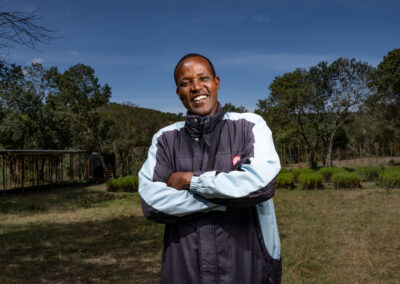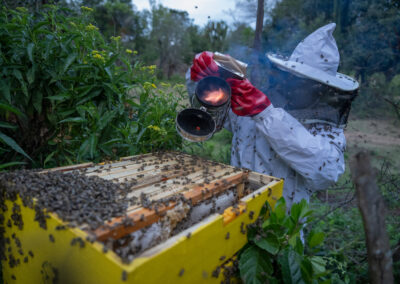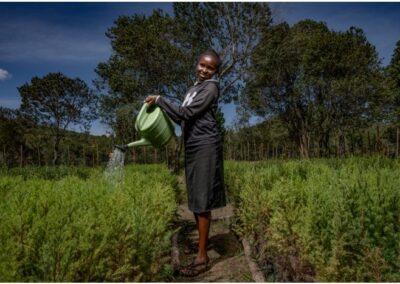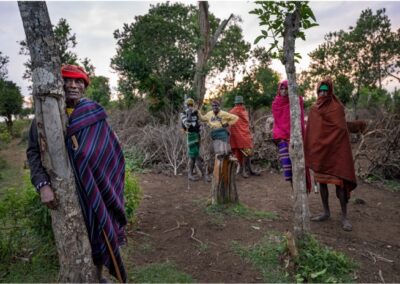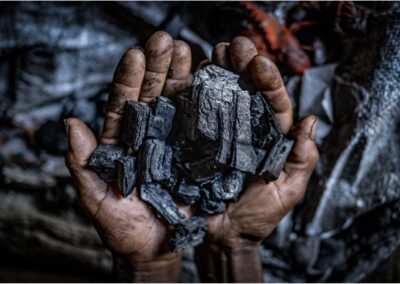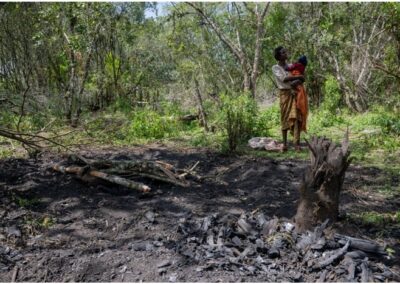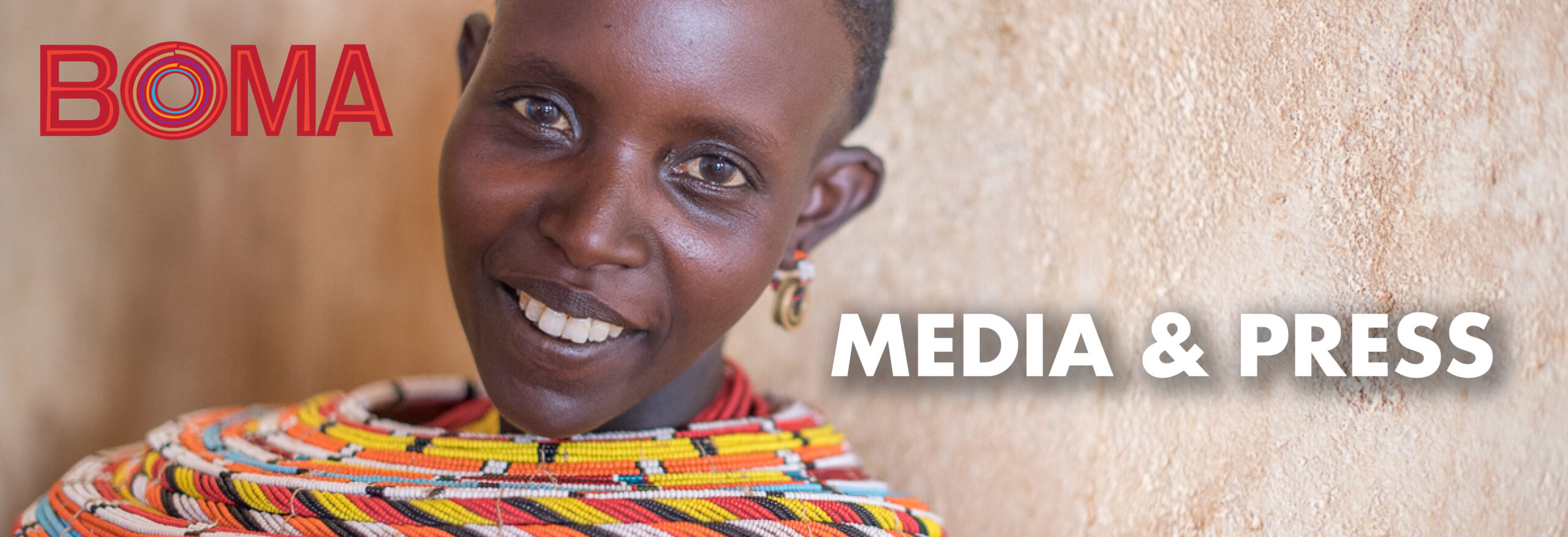
BOMA and IKEA Foundation Partner to Scale Climate-Focused Program
IKEA Foundation has awarded BOMA its largest ever grant of $10.1 million to support the organization’s innovative graduation approach to lift families impacted by climate change out of extreme poverty through green enterprises.
The Basics
BOMA and the IKEA Foundation have teamed up to transform the lives of those most impacted by the climate crisis by delivering vital livelihood opportunities in Northern Kenya. These “Green” enterprises will empower program participants to lift their families out of extreme poverty while protecting critical natural resources.Severe and devastating drought — brought on by the climate crisis — has impoverished much of Africa’s drylands, including Northern Kenya. Vital sources of income including livestock and crops have been decimated, as have critical forest ecosystems. Together, BOMA and IKEA Foundation will empower local communities to develop sustainable livelihoods while protecting their natural resources.
This partnership will empower 15,600 women, youth, and refugees to become green entrepreneurs and lift their families out of extreme poverty. Linkages with local governments and institutions serve to sensitize communities to climate change, gender equality, and refugee rights; strengthen mechanisms to protect forest ecosystems; and increase the political participation of marginalized groups.
The Evidence
BOMA’s program provides a pathway out of starvation-level poverty for those most in need. BOMA participants receive education and training in business, finance and more over approximately two years. To date, BOMA has transformed the lives of more than 450,000 women, youth, and refugees in Africa, with a focus on regions heavily impacted by climate change.An independent evaluation from the Feed the Future Innovation Lab for Markets, Risk, and Resilience at UC Davis affirmed that REAP participants who completed the 24-month program had, on average:
- 324% more in business assets
- 32%more in total annual household cash income
- 509% more in cash savings than non-participants in communities where no REAP programming took place
REAP yields a ROI (or benefit-cost ratio) of 3.1 at the median saturation rate, meaning that every $1 invested in REAP delivers almost $3 in benefits to communities in Samburu.

